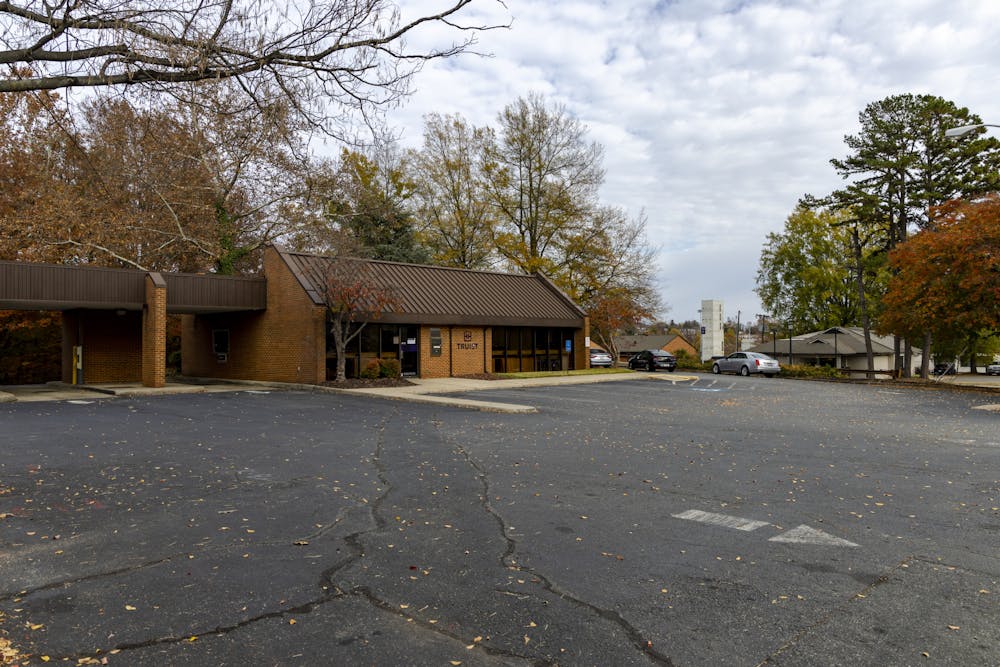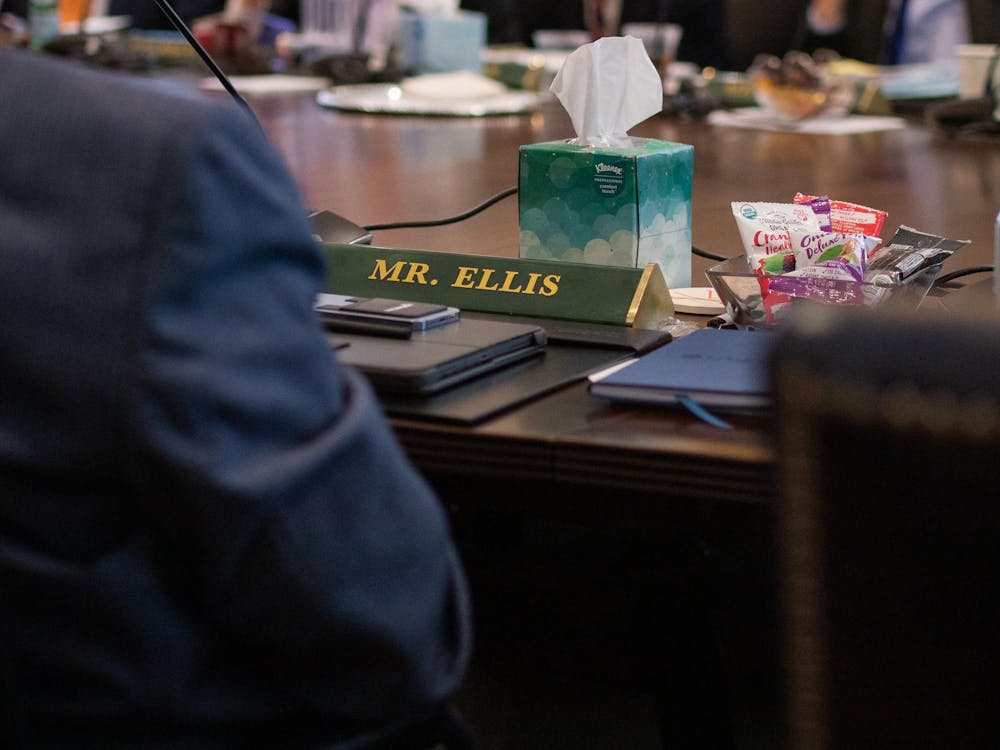Debates over a new 10-story apartment building proposal at 2117 Ivy Road have escalated with a recent letter from the University to Charlottesville’s City Council asking the city to consider the impact of the proposal, saying that the development does not align with the city’s stated goals for the specific space. The City Planning Commission, however, unanimously approved the rezoning request during Tuesday's meeting — City Council will now decide whether the project moves forward.
The new construction project now hinges upon an application for City Council to rezone the property for the new apartment building from “urban corridor” to a “planned unit development.” University leaders submitted a letter opposing the development ahead of the Tuesday meeting of the City Planning Commission, the first organization required to approve the request.
The letter, signed by University Architect Alice Raucher and Colette Sheehy, senior vice president for operations and state government relations, highlights discrepancies between the proposal and the existing design of the area.
“The proposed building height of 130 feet [and] 10 stories with minimal supporting pedestrian and bicycle infrastructure creates a mismatch with the corridor’s intended scale, traffic and character, potentially affecting safety and neighborhood quality,” the letter reads.
The U.Va. Foundation, a group offering financial and real estate management on behalf of the University, also submitted a letter “to note several inaccurate depictions” in the proposal.
University Spokesperson Bethanie Glover added that while the University does not oppose general construction on the site, currently occupied by Truist Bank, Raucher and Sheehy want the City Planning Commision and City Council to reconsider this particular building plan.
“What we are asking the Planning Commission and the City Council to consider on this project is how the proposed structure fits in with the existing residential and commercial character of the area and the City’s own, established guidelines,” Glover said in a written statement to The Cavalier Daily.
The University's letter received widespread pushback from the Charlottesville community. Livable Cville, a local organization focused on advocating for affordable housing and sustainable transportation, published its own letter to the City Sunday voicing support for the proposed structure.
The building, with 242 units housing up to 600 people, would be built on one of the few privately owned plots on Ivy Road. The University owns many of the other properties on the street, which is considered an entrance corridor to Charlottesville and the University. The University is currently constructing multiple new buildings in the plot of land across the street, including the School of Data Science, building space for the Karsh Institute of Democracy and a hotel and conference center.
Co-chair of Livable Cville Steven L. Johnson said the University’s opinion is likely based on its control of the student housing market.
“This is blatantly anti-competitive,” Johnson wrote on X, formerly Twitter. “U.Va. is the largest single provider of U.Va. student housing. Killing off a directly competing housing project would reduce student housing choices and increase student expenses.”
In a written statement to The Cavalier Daily, Matthew Gillikin, another co-chair of Livable Cville, also supported the project as a means towards rectifying Charlottesville’s affordable housing issues. In addition to providing more housing, the 2117 property developers have promised $2 million towards the Charlottesville Affordable Housing Fund.
“If this project is not approved, it is almost certain U.Va. will buy the land and the city will lose out on the new housing, $2 million in affordable housing funding and ten of millions of dollars in real estate tax revenue over the next few decades,” Gillikin said.
Tuesday’s vote recommended that City Council approve a rezoning of the geographic area from an “Urban Corridor,” to a “Planned Unit Development,” to allow for the construction of the 10 story building. Entrance corridors are regulated by Charlottesville’s Planning Commision to ensure that development in these areas is compatible with Charlottesville’s historic landmarks, buildings and structures.
The Council will hear the proposal next, with a meeting set for next Monday.







